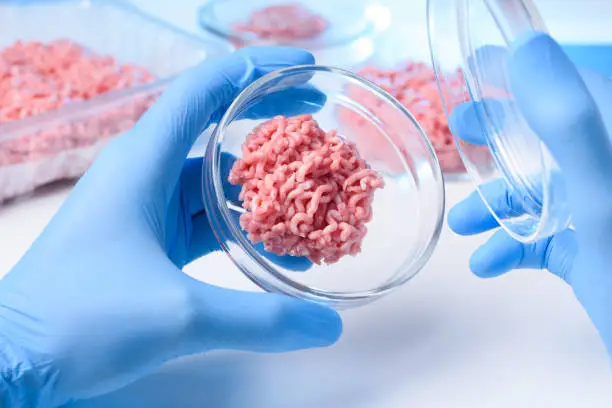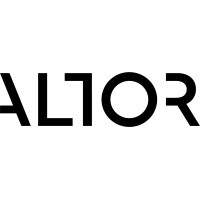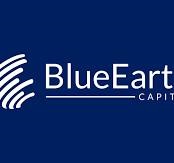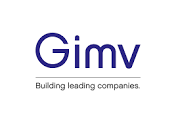Bluegem Capital Partners and AREV to acquire Pinard Group from IK Partners
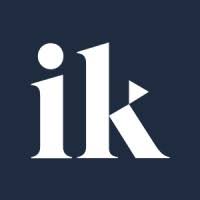
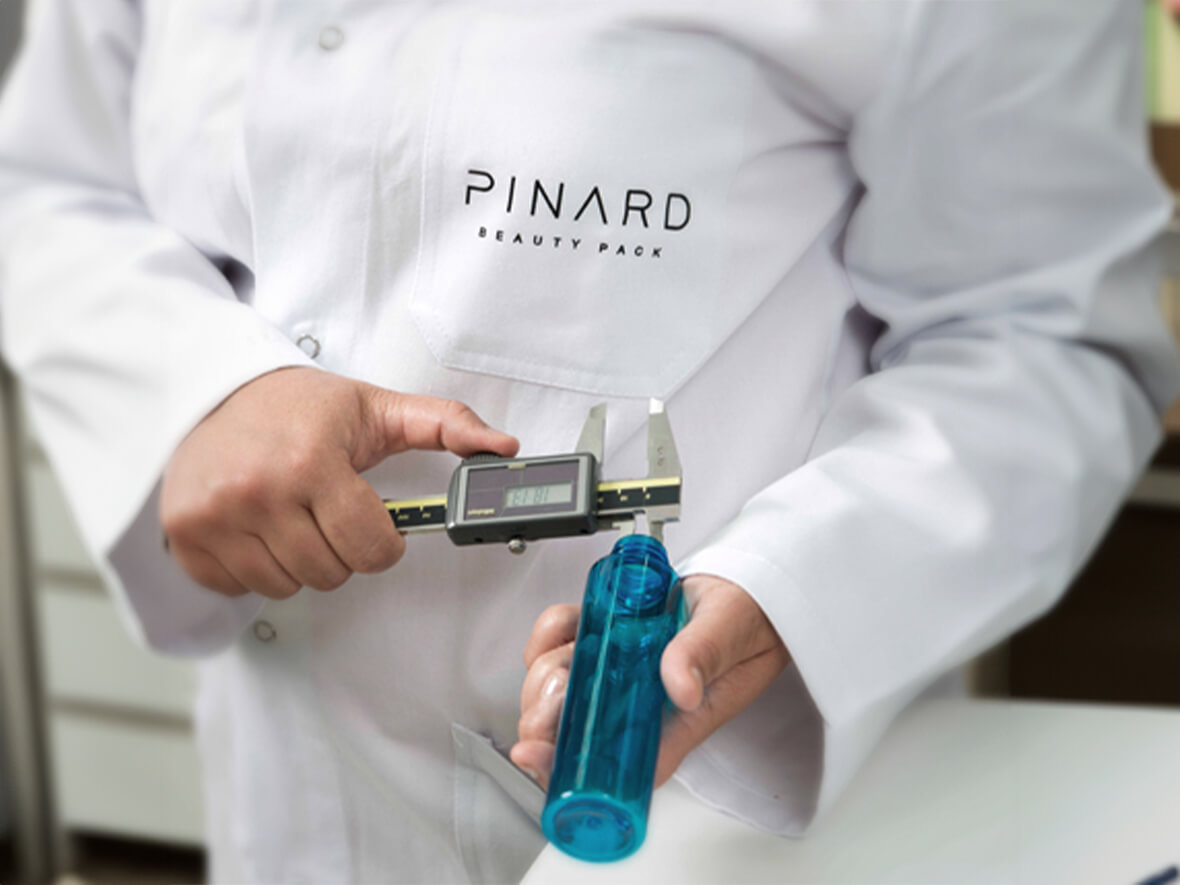
Bluegem Capital Partners (“Bluegem”), the value-oriented consumer staples private equity fund, and AREV today announce that they have completed the joint acquisition of Pinard Group (“Pinard” or “the Group”), a producer of high-end packaging solutions for the Beauty & Personal care (“BPC”) and Pharmaceutical industries. Bluegem and AREV are acquiring their respective stakes from the Pinard Management Team and IK VIII Fund, a fund managed by IK Partners (“IK”).
Bluegem and AREV will be co-majority shareholders, owning the company alongside the Pinard Management Team and the founding family members who are reinvesting.
Pinard Group specialises in the design and manufacture of packaging solutions for prestige and luxury brands in the BPC space through its Pinard Beauty Pack (PBP) subsidiary and for pharmaceutical customers through its Lablabo subsidiary, the inventor of the bag-in-bottle airless technology.
Since IK’s acquisition of Pinard in July 2017, the company launched and delivered several successful initiatives including: the strengthening of the Group’s management with the recruitment of a CFO and several key managers; continued investment to increase capacity, including eco-friendly packaging solutions; and the accretive acquisition of Lablabo. The collaboration between IK and the Pinard Management Team delivered robust organic growth in the ownership period, as well as the expansion into the Healthcare sector.
Bluegem and AREV’s strategy is to capitalise on the technical know-how and strong IP of the Group to build a high-end supplier of fully circular plastic packaging solutions for the BPC and Pharmaceutical sectors. PBP is a Platinum EcoVadis manufacturer of sustainable plastic packaging solutions ranked within the Top 1% globally. As plastics become increasingly circular, with three major plastic recycling facilities being built in France, the Group will be ideally placed to supply its customers with high-end sustainable plastic solutions.
Thomas Pinard, CEO of Pinard, commented: “We are looking forward to working with our new shareholders as we consolidate our position as a leading provider of high-end solutions to the world’s most prestigious and most dynamic brands, building on our unique combination of customer-focus, operating excellence, global reach, technical know-how, and passion. We would like to thank the team at IK for their continued support over the past seven years.”
Mathieu Develay, Partner at Bluegem, commented: “We are delighted to invest in Pinard Group alongside its founding family, its management team and our co-controlling partner AREV. We have closely followed the progress of the company in recent years and have been very impressed by the successes achieved by its management team. Pinard Group is a unique player in the packaging industry, with market-leading positions in prestige Beauty and Pharmaceuticals, thanks to over 50 years of industrial knowhow and circular plastic innovations. We are looking forward to supporting an accelerated growth strategy, both organically and through acquisitions, in what is a highly fragmented market.”
Emilio Di Spiezio Sardo, Founding Partner at Bluegem commented: “Pinard is a great example of the Bluegem strategy to invest earlier in the entire value chain within the non-discretionary consumer staple space. With the Consumer sector accounting for over 50% of global GDP, we see a vast opportunity to make investments which are underpinned by solid fundamentals (strong R&D and IP), structural tailwinds (fully circular plastic solutions and nearshoring of high-end manufacturing) and have the ability to perform consistently through the cycle.”
Xavier Geismar, Co-Founder of Arev Partners added: “We are excited about our partnership with Thomas and Pierre-Olivier Pinard and the management team, and we have high ambitions for the company. We are very impressed with Pinard Group’s strong market positioning based on its superior customer orientation and operational excellence, which is reflected in the company’s growth and performance over the years. We will work with the management team to continue strengthening Pinard’s ESG innovation capabilities, accelerating expansion, and by pursuing a synergistic buy-and-build strategy to tap into adjacent market segments and to broaden the product portfolio.”
Julien Lammoglia, Co-Founder of Arev Partners declared: “The acquisition of Pinard Group is AREV’s third transaction in France and marks another milestone in the development of the fund’s strategy to build a concentrated portfolio of high-quality assets operating in markets with attractive fundamentals, strong management teams and where we identify significant opportunities for AREV to support and accelerate growth, organically and through buy and build. The Group is positioned in the growing and resilient end markets of prestige cosmetics and pharmaceuticals and is a high-end packaging innovation leader. Pinard Group is notably an ESG front-runner in the packaging space and this transaction is a great example of AREV’s objective to invest in companies that have a positive impact on society.”
Dan Soudry, Partner at IK Partners and Advisor to IK VIII Fund, commented: “We are pleased with the progress the business has made in the past seven years, overcoming market challenges to deliver robust growth, while the acquisition of Lablabo has also allowed for the diversification of the product range. We wish the team at Pinard as well as their new owners, the very best of luck in the next stage of its development.”

